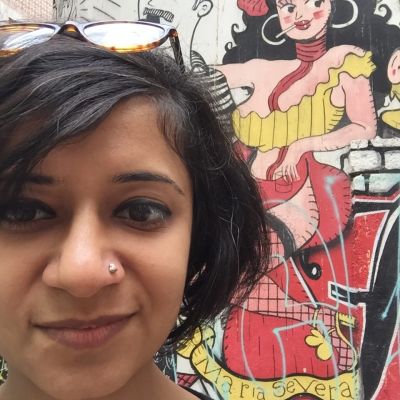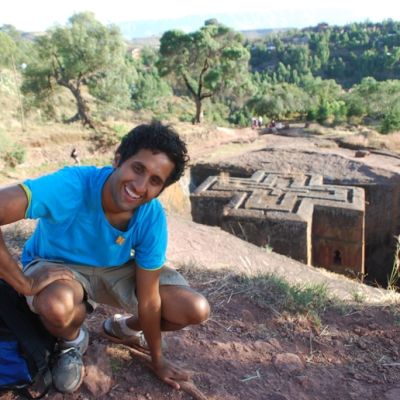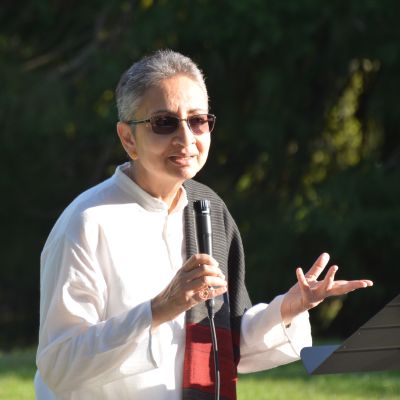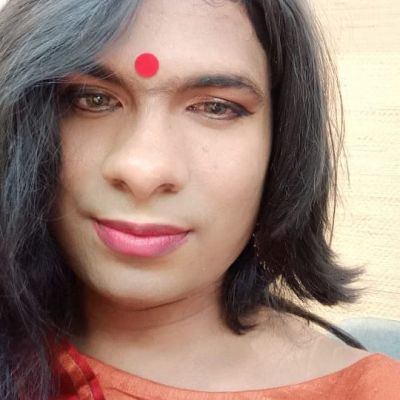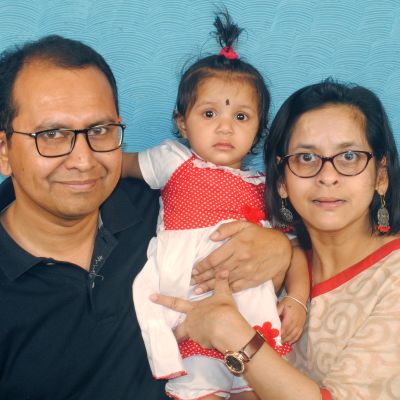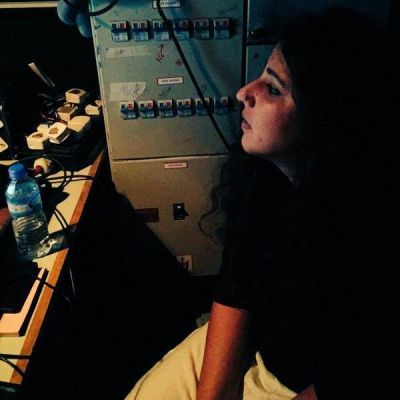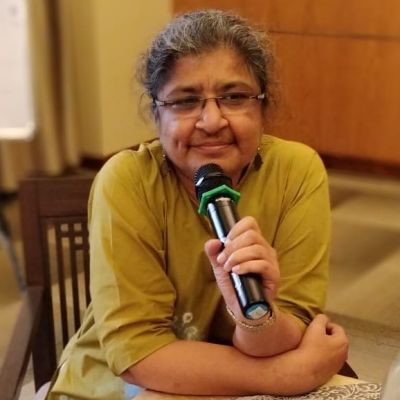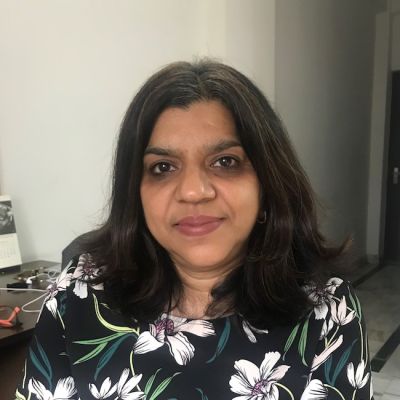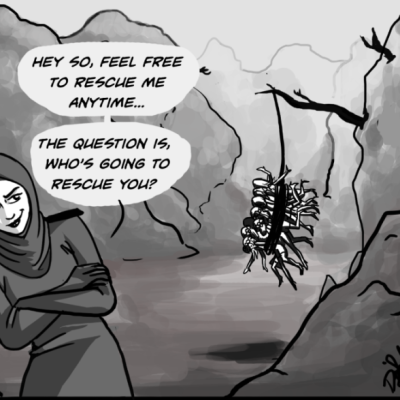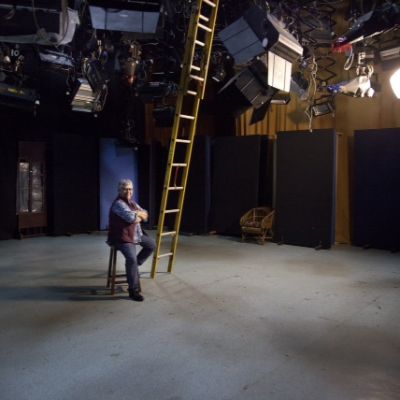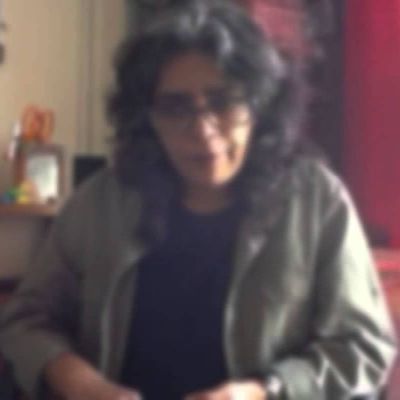Interview
Shruti Arora is a feminist trainer and researcher in the field of Gender and Sexuality. In this interview, she shares her insights on collective practices of building safe and sexuality-affirming spaces for young people, in friendships and community, digital and healthcare settings.
देवदत्त पटनायक आधुनिक समय में, प्रबंधन, प्रशासन प्रक्रिया और नेतृत्व जैसे क्षेत्रों में पौराणिक विचारों की प्रासंगिकता के विषय पर लिखते हैं। डाक्टरी की पढ़ाई और प्रशिक्षण पूरा करने के बाद उन्होने 15 वर्ष तक स्वास्थ्य देखभाल उद्योग और दवा निर्माता कंपनियों के साथ काम किया।
Kiran Bhat is an author and polyglot who speaks 12 languages, and has written in English, Kannada, Spanish, Portuguese, and Mandarin. His recently published book, We Of the Forsaken World, has been described as “the tales of not just sixteen strangers, but many different lives, who live on this planet, at every second, everywhere”.
Shilpa believes loitering, just being, just hanging out in public places, is about ‘claiming the city with your body’. One of the co-authors of the book, ‘Why Loiter: Women and Risk on Mumbai’s Streets’ published in 2011, Shilpa has authored several essays and journals on issues of feminist parenting, gender and the politics of space, the right to take risks and related thoughts and concepts.
Reflecting on the theme of Spirituality and Sexuality for this issue of In Plainspeak, in an interview with Shikha Aleya, Lata says,“What might a spiritual approach contribute? It can lead you to understand that there is a core aspect of you that exists prior to and alongside the particulars that shape your identity – class, gender, sexuality, religion, able-bodiedness, etc…”
Shikha Aleya interviews Daniel Mendonca who identifies as an intersex person and is a gender rights activist who has engaged with diverse groups of people in India and other countries, to expand awareness, build empathy and foster an environment that is accepting of diversity.
Jeeja Ghosh is a disability rights researcher and activist, feminist, parent, writer, scholar and trainer. Her lived experience of disability, and of standing up against discrimination and injustice, is at the core of her work and insights. Shikha Aleya interviews Jeeja about mobility across divides other than the physical.
Namita Aavriti, writer, lawyer, feminist, and coordinator and editor for GenderIT.org, focuses on issues related to gender, ICT and internet rights. Namita is also the co-curator and organiser of the Bangalore Queer Film Festival (BQFF).
In the course of this interview with Shikha Aleya, Chayanika Shah points out, “While decisions around gender and sexuality are very private and apparently made by each person for themselves, the material connections of community and family make this choice very contextual, and contingent on the whole social structure.”
‘आप मटरगश्ती (लॉयटर) क्यों करना चाहेंगे?’ नारीवादी शोधकर्ता, अभिभावक, शिक्षक और सक्रियतावादी डॉ॰ शिल्पा फडके से पूछने के लिए एक बढ़िया सवाल है।
Dr. Kalpana Viswanath, researcher, and urban safety and gender rights activist, shares her thoughts on issues of Public Safety and Sexuality with In Plainspeak. Co-founder and CEO of SafetiPin, a social enterprise that uses data and technology to build safer, more inclusive and smart cities, Kalpana has led large gender rights projects globally.
Deena Mohamed, Egyptian artist, illustrator and designer, speaks to us about her art and her perspective on politics, patriarchy, feminism, and gender and sexuality.
Both fiction and non-fiction are capable of great complexity if the making is in the hands of someone capable and complex. I have always held that good films – fiction, non-fiction or hybrid– emerge not from a familiarity with the subject, though that’s essential – but an understanding of the language of cinema.

